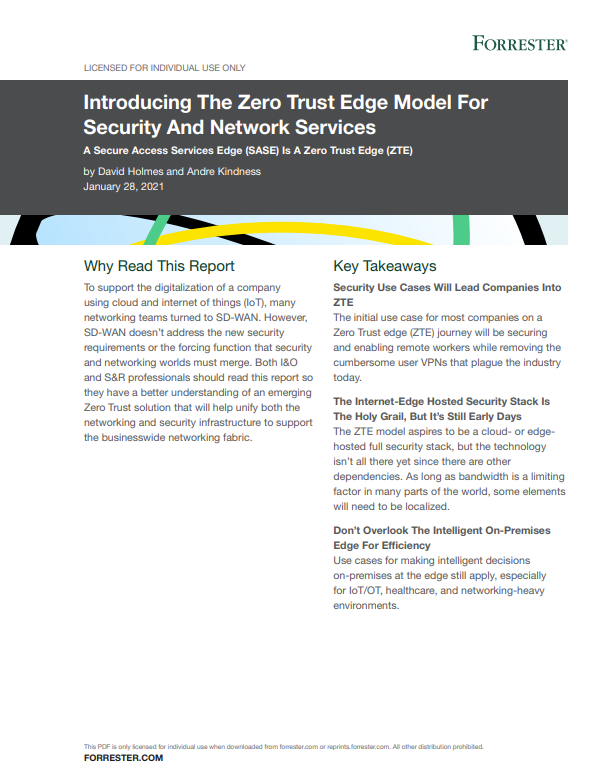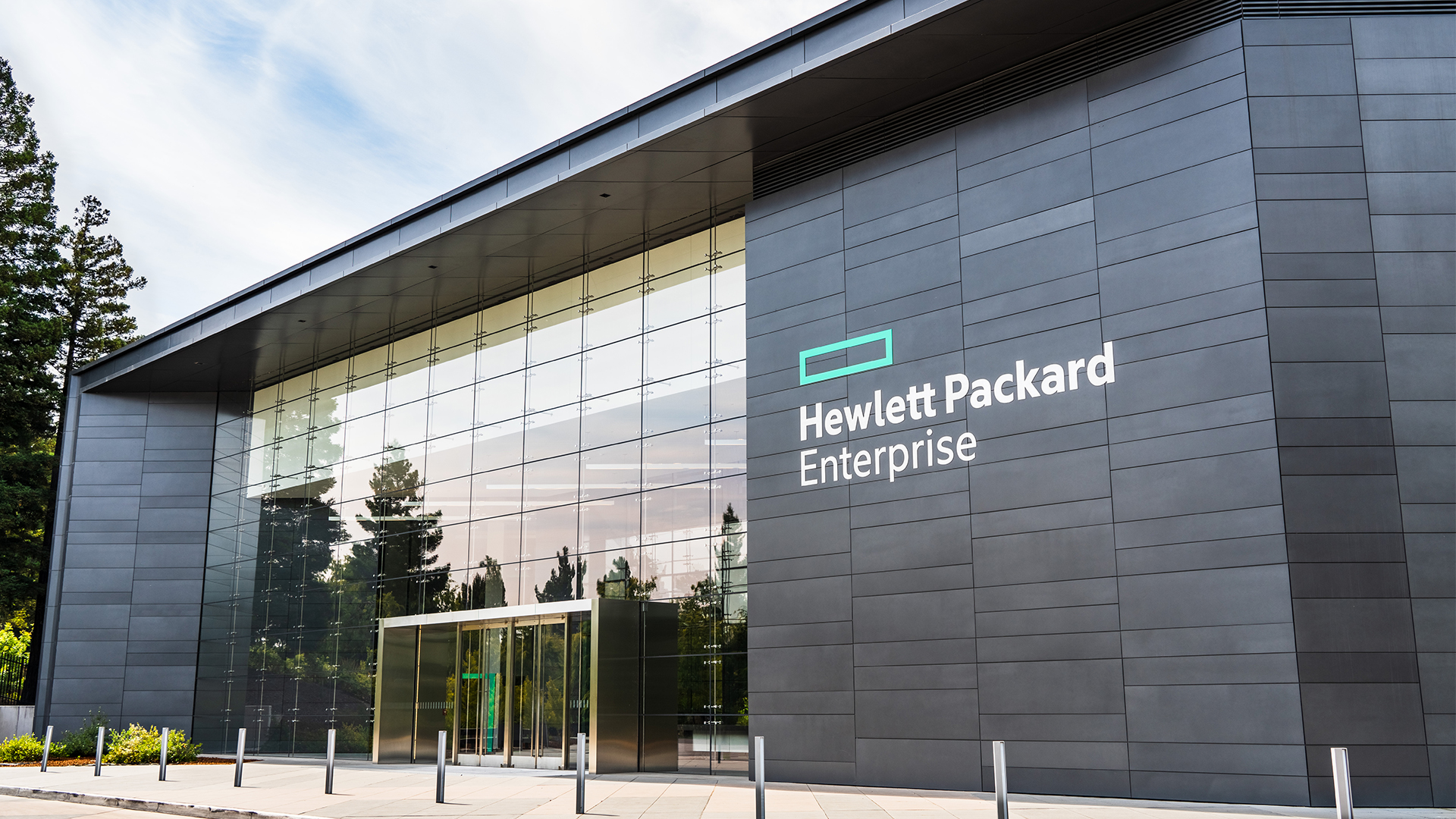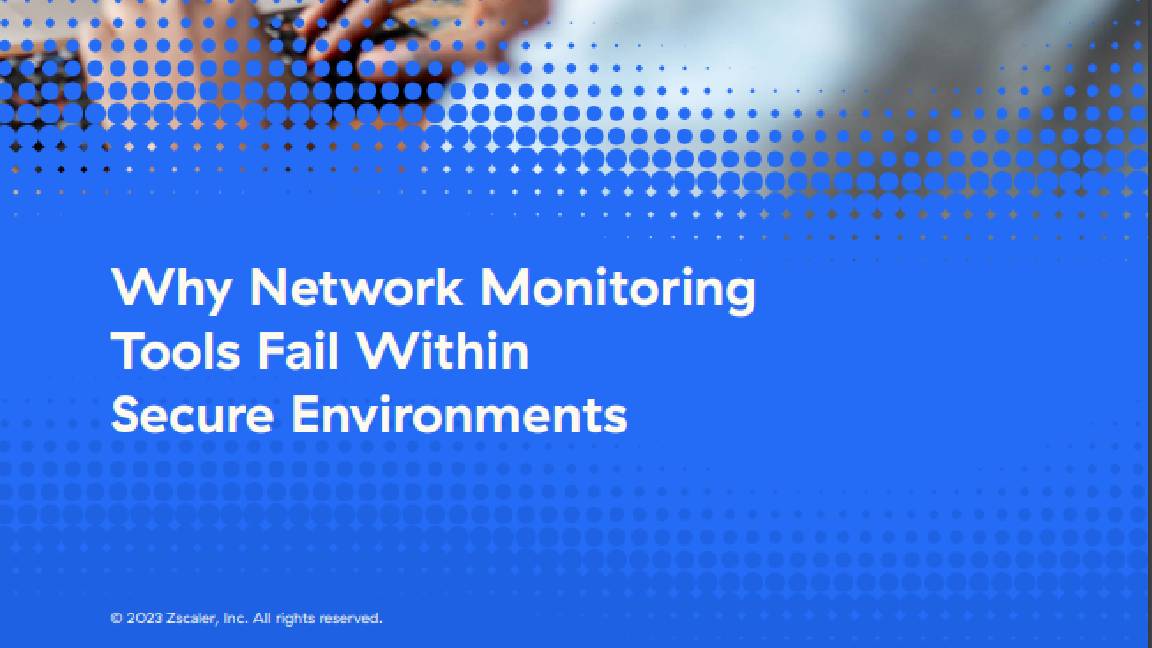Vodafone and Ericsson complete UK's first 5G network slicing trial
Network slicing allows businesses and app developers to carve out a ‘slice’ of the network suited to specific use cases


Sign up today and you will receive a free copy of our Future Focus 2025 report - the leading guidance on AI, cybersecurity and other IT challenges as per 700+ senior executives
You are now subscribed
Your newsletter sign-up was successful
Vodafone and Ericsson have completed a successful lab trial of 5G network slicing – a first for the UK telecoms and technology industry.
RELATED RESOURCE

Introducing the zero trust edge model for security and network services
Get a better understanding of emerging zero trust solutions
Enabled by Standalone 5G, network slicing is a new service aimed at businesses and app developers that involves carving out a ‘slice’ of the network to in order to cater it to specific use cases. This can be based on geographical location, download and upload speeds, latency, capacity, and even specific cyber security needs.
For instance, the trial successfully conducted by Vodafone and Ericsson involved creating and configuring an on-demand 5G network slice for a retail store that would have the enough bandwidth to support virtual reality (VR).
The slice, which took 30 minutes to complete, was able to deliver a guaranteed download speed of 260Mbps and latency of 12.4 milliseconds.
5G network slicing has the potential to enable a number of different 5G use case scenarios, ranging from automotive and healthcare to mobile gaming and smart cities.
In the case of the latter, 5G network slicing could be combined with IoT technology to deploy smart electricity sensors that can be adjusted by demand, or in order to track and manage emergency services in real-time. Due to the sensitive nature of the data, network slicing would enable a separate, more secure ‘slice’ of the network separate from the public internet.
Businesses could benefit from 5G network slicing by creating slices that would be tailored to individual teams based on their specific network demands, without sacrificing the quality of connectivity of one team in favour of another.
Sign up today and you will receive a free copy of our Future Focus 2025 report - the leading guidance on AI, cybersecurity and other IT challenges as per 700+ senior executives
According to Ericsson UK & Ireland VP of digital services, Andrea Spaccapietra, the technology will play a crucial role in enabling new and innovative 5G services for consumers and enterprises alike.
“With the tools to efficiently manage network resources and provide differentiated services with dedicated performance, leading network operators like Vodafone can enable new business model innovation and use cases across different sectors and unlock new revenue opportunities to realise the full potential of 5G,” he said.
According to tech, media & telco analyst Paolo Pescatore, network slicing is "best-suited for enterprises and specific verticals" and "provides telcos with a significant means to help recoup the investment in 5G".
"For now, it seems unlikely that consumers will pay a premium for a superior experience," he told IT Pro.
The news comes less than two years after Vodafone delivered the UK’s first Standalone 5G network, with Coventry University becoming the first to use the new network as part of a new VR learning option for student nurses and allied health professionals.
Having only graduated from City University in 2019, Sabina has already demonstrated her abilities as a keen writer and effective journalist. Currently a content writer for Drapers, Sabina spent a number of years writing for ITPro, specialising in networking and telecommunications, as well as charting the efforts of technology companies to improve their inclusion and diversity strategies, a topic close to her heart.
Sabina has also held a number of editorial roles at Harper's Bazaar, Cube Collective, and HighClouds.
-
 ITPro Best of Show NAB 2026 awards now open for entries
ITPro Best of Show NAB 2026 awards now open for entriesThe awards are a fantastic opportunity for companies to stand out at one of the industry's most attended shows
-
 Mistral CEO Arthur Mensch thinks 50% of SaaS solutions could be supplanted by AI
Mistral CEO Arthur Mensch thinks 50% of SaaS solutions could be supplanted by AINews Mensch’s comments come amidst rising concerns about the impact of AI on traditional software
-
 Russian hackers are using an old Cisco flaw to target network devices – here’s how you can stay safe
Russian hackers are using an old Cisco flaw to target network devices – here’s how you can stay safeNews With the aim of carrying out espionage, Russia's Center 16 is targeting infrastructure organizations around the world
-
 HPE eyes enterprise data sovereignty gains with Aruba Networking Central expansion
HPE eyes enterprise data sovereignty gains with Aruba Networking Central expansionNews HPE has announced a sweeping expansion of its Aruba Networking Central platform, offering users a raft of new features focused on driving security and data sovereignty.
-
 Fortify your future: How HPE ProLiant Servers deliver top-tier cyber security, management, and performance
Fortify your future: How HPE ProLiant Servers deliver top-tier cyber security, management, and performanceWhitepaper Deploy servers with a secure approach
-
 Fortify your future with HPE ProLiant Servers powered by Intel
Fortify your future with HPE ProLiant Servers powered by IntelWhitepaper Enhance your security and manage your servers more effectively
-
 Architecting enterprise networks for the next decade
Architecting enterprise networks for the next decadeWhitepaper A new paradigm in network architecture
-
 Why network monitoring tools fail within secure environments
Why network monitoring tools fail within secure environmentsWhitepaper Gain visibility into devices, networks, and applications
-
 Better together: HPE Aruba Networking CX switches and HPE Aruba Networking Central
Better together: HPE Aruba Networking CX switches and HPE Aruba Networking CentralWhitepaper Explore the power and simplicity of managing HPE Aruba Networking CX Switches with HPE Aruba Networking Central
-
 Cyber-resilient infrastructure starts with server security
Cyber-resilient infrastructure starts with server securitywhitepaper Take a security-focused approach when investing in the next wave of IT infrastructure.
